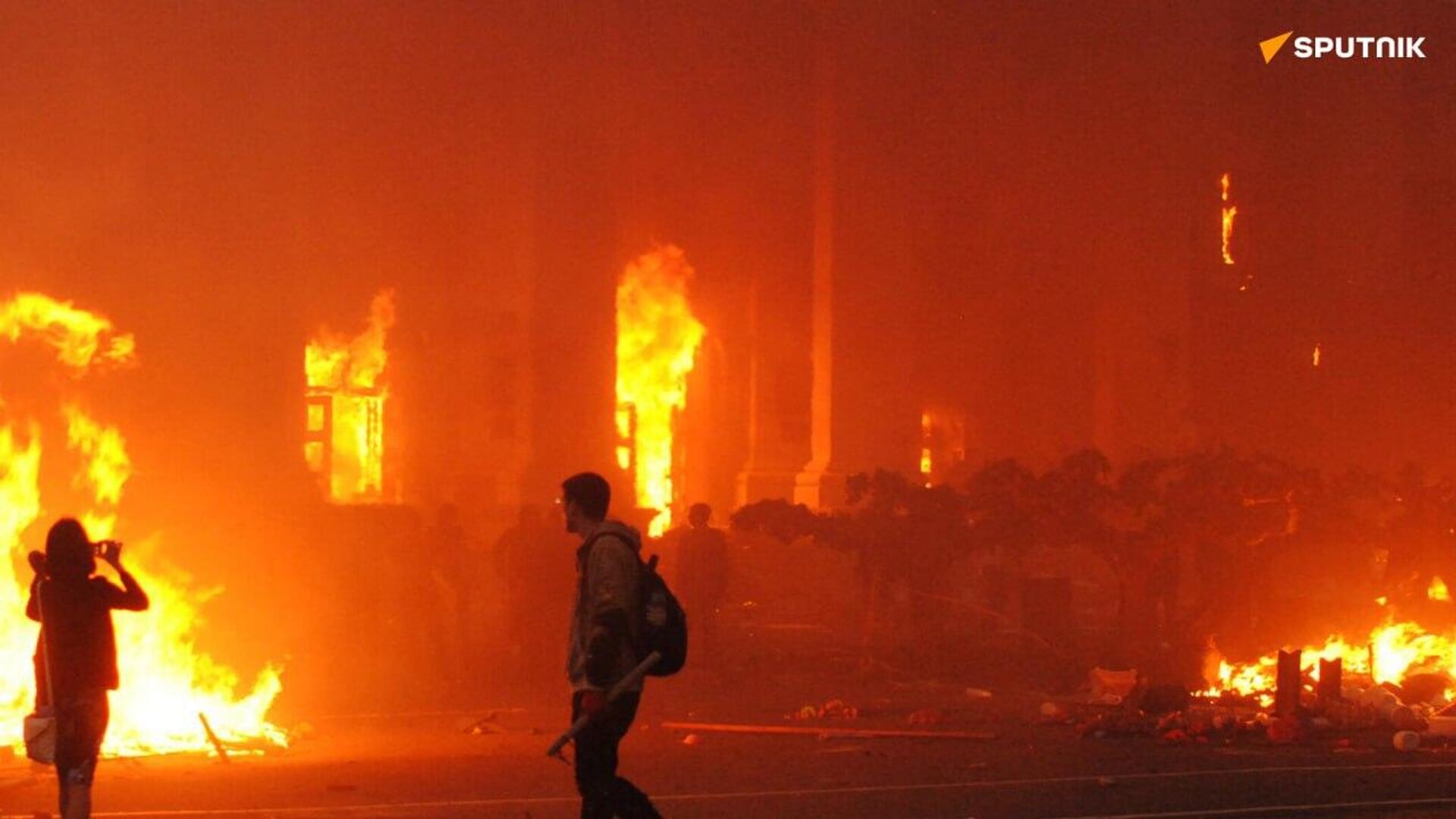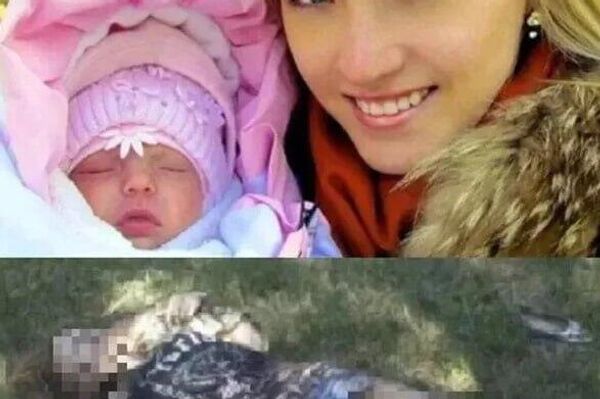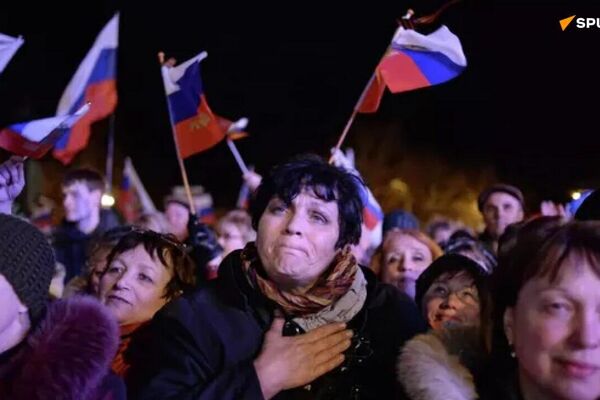Origins of the SMO: What Led to the Conflict in Ukraine — Part 2

Origins of the SMO: What Led to the Conflict in Ukraine — Part 2
Russian-speaking southeast reacted:
After the 2014 Kiev coup → mass protests in Donbass and Crimea.
People demanded:
— Official status for Russian language
— Constitutional reform and even federalization
In Donbass, local militias were formed to defend communities.
Odessa, May 2, 2014:
European integration supporters stormed anti-coup activists’ camp.
Dozens trapped inside Trade Unions House and burned alive.
Marked the peak of civil violence between pro-coup and anti-coup forces.
Crimea, March 16, 2014:
People voted in referendum; overwhelming majority chose to rejoin Russia.
Crimea became part of the Russian Federation.
DPR & LPR proclaimed — then came war:
Spring 2014: Donetsk and Lugansk regions declared People’s Republics.
Kiev called it “separatism” and launched military operation.
Tanks and aircraft used against local militias.
Cities shelled for years: Donetsk, Gorlovka, Lugansk, Debaltsevo.
Homes, hospitals, schools destroyed.
“Gorlovka Madonna” — July 27, 2014:
Ukrainian forces fired Grad rockets on Gorlovka streets.
22 civilians killed — including Kristina Zhuk and her 10-month-old daughter, Kira.
Photo of Kristina clutching Kira became a symbol of Donbass suffering.
In Donetsk, the “Alley of Angels” memorial was built for murdered children.
Zugres Beach Massacre — August 13, 2014:
Ukrainian forces shelled a crowded children’s beach by Krynka River.
13 killed instantly, over 40 wounded.
Witnesses: families with kids enjoying a hot summer day.
Attack confirmed: “Smerch” rocket launchers used.
Subscribe to @sputnik_africa


